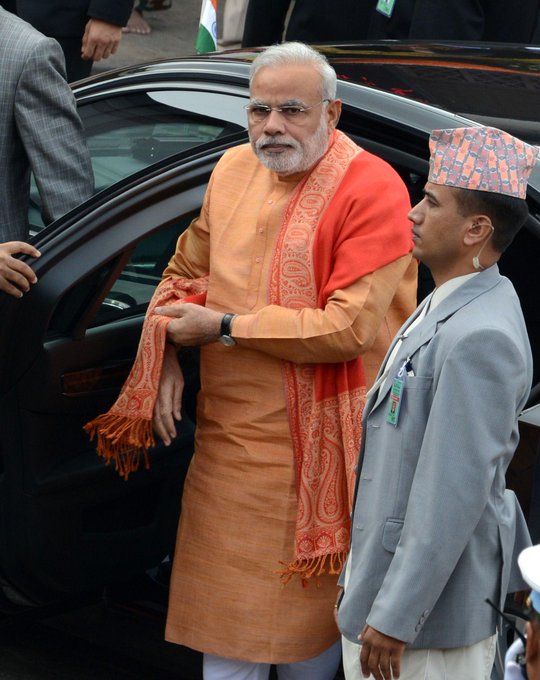Maruti Suzuki India is confident of getting minority
shareholders' nod to let parent Suzuki Motor Corp own and invest in its
Gujarat facility and has no second option.
"We are thinking of getting voting (done) in October... There is
no plan B, I can't see why it should not happen," Maruti Suzuki India
chairman RC Bhargava told PTI in an interview.
He was responding to a query on whether Maruti had other plans if it
failed to get the minority shareholders' nod. He was sure of the
minority shareholders' nod and that was why the company was not having
any second option.
In March, under pressure from institutional investors, Maruti had
decided to seek minority shareholders' approval after tweaking some of
the earlier proposals for the controversial Gujarat plant.
The company needs 3/4th of the minority shareholders, who hold 44% stake, to approve the proposal through a special resolution.
Bhargava said the management had been busy explaining to its
investors, both domestic and overseas, over the past couple of months
and they have understood the company's position.
"By bringing in that money (Suzuki's) here we get a very low cost
money instead of putting our money. So I get the benefit of low cost
money and we get a benefit of having more liquidity, money that I can
use without much concern about straining my balance sheet," he said.
The move by parent Suzuki to invest in Gujarat is mainly due to the
increasing significance of India in the Japanese firm's global
operations, he said.
"Essentially, what has driven the decision to let Suzuki to finance
the Gujarat plant is really that Suzuki now understands that their
future as a global car maker is going to be increasingly dependent on
India," he said.
Bhargava further said: "Today we (Maruti) contribute something like
40% of the total sales volume of Suzuki and about 25% of the profit last
year."
Dispelling apprehensions about Maruti becoming just a trading channel
of the Gujarat plant, he said: "In all respects, the Gujarat plant will
function as a Maruti plant... we control when the production lines are
established, when we need more capacity, we will determine what needs to
be produced and how much is to be produced.
"We will control the supply chain. We will control the sale. So in
what way it is different from as if I have put the plant? And that's
what we have been telling the investors."
The Gujarat plant is expected to be commissioned by the middle of
2017. When it becomes fully operational, Maruti's total available
annually capacity will be 3 million, up from its current 1.5 million
from the Gurgaon and Manesar plants.
"Gujarat will ultimately make 1.5 million cars that's what the
capacity is. This new capacity can not be commissioned till middle of
2017," Bhargava said.
On the investments envisaged, he said without all the replacement
capex, "our estimate is that the first unit to commission will cost
about
Rs. 3,000 crore and at today's cost we think the subsequent units each would be about
Rs. 2,500 crore".
When asked about the performance and policies of Prime Minister
Narendra Modi's government, Bhargava said in 12 to 18 months, there
would be significant changes on the ground.
"The indications are good but things still have to happen, nothing
much has happened yet... but I think in 12 to 18 months, we should see
significant changes on the ground, significant changes which will
actually impact on the investment and the economic growth," he said.
Having had the experience of working with Modi when he was the chief
minster of Gujarat, where the company is setting up a new plant,
Bhargava said his track record speaks for itself.
"I think Modi's track record is of actually getting things done. He
doesn't just talk about things. If Gujarat experience is to be looked
at, he actually gets things done," he said.
Expressing confidence that Modi will deliver, Bhargava said: "When he
has talked about certain things, it will happen. I believe, actually a
lot of people believe, he would actually get things done. It wouldn't
just remain a talk."
NAME - MITHILESH CHAUBEY
PGDM 3rd year

Post your comments...